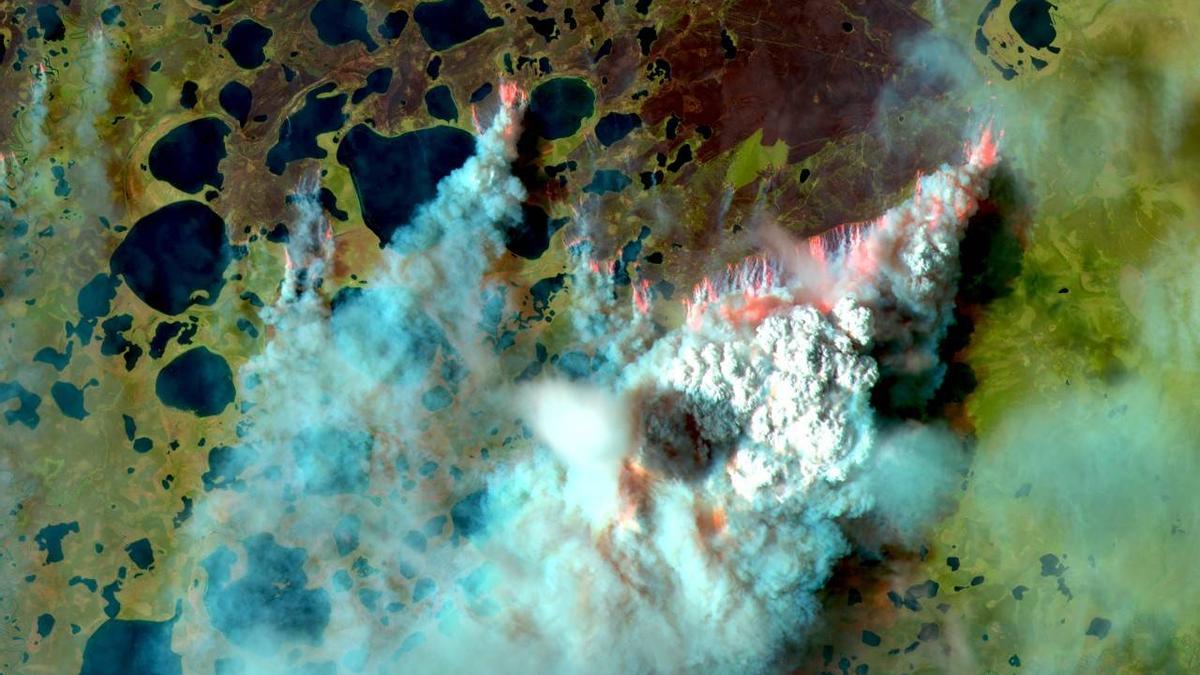The thawing of the thousand-year-old permafrost due to climate change could pose a new threat to humans, according to researchers who Nearly two dozen viruses have revived, including one frozen under a lake for more than 48,500 years.
European researchers examined thousand-year-old samples collected from the permafrost in Russia’s Siberian region. The scientists revived and described 13 new pathogens, which they called «zombie viruses», and were found to remain infectious despite spending many millennia trapped under frozen ground.
Scientists have long warned that thawing permafrost caused by global warming will worsen climate change by releasing previously trapped greenhouse gases such as methane. But its effect on latent pathogens is less well known.
The team of researchers from Russia, Germany and France said that the risk of reviving the biological viruses they studied was «totally negligible» due to the strains targeted, mainly those capable of infecting amoeba microbes. The possible reactivation of a virus that could infect animals or humans is far more problematic, they said, cautioning that their work can be extrapolated to show the danger is real.
Related news
«Therefore, it is likely that the millennial permafrost will release these unknown viruses upon thawing,» he wrote in a paper published on the bioRxiv prepublication service that has not yet been peer-reviewed. «It is still impossible to estimate how long these viruses might remain infectious once exposed to outdoor conditions, and how likely they are to find and infect a suitable host in the meantime.»
«But the risk certainly fails in the context of global warming as permafrost thaws continue to accelerate and more people populate the Arctic in the wake of industrial advances,» he wrote.

